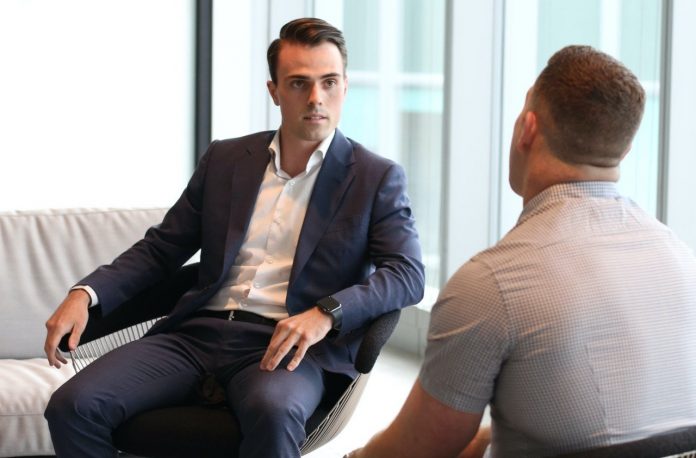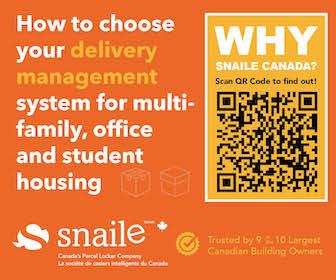Recently, I sat down with CBRE commercial agent, Andre Alie Day, to learn more about downtown Vancouver’s current office tower boom. I wanted to find out anything I could that would help me to understand or predict how this current boom would affect residential real estate prices downtown.
In order for this boom to affect real estate prices in a significant way, the influx of new demand to live in the downtown core, as a result of this construction would need to be significant, as well as for the supply (or growth in supply) to be insufficient to meet the new demand.
VIDEO: Shawn Brown and commercial real estate expert Andre Alie Day in conversation
Over three million square feet of new office space under construction
On the demand side, there is 3.5 million square feet of new AAA office space currently under construction as of Q1 2021. Alie Day says each employee needs about 175-225 square feet of space — let’s assume 200 square feet on average. This equates to 17,500 new workers downtown. In situations where a company is moving from an older space to a new one, we are assuming that the older spaces will then eventually be filled.
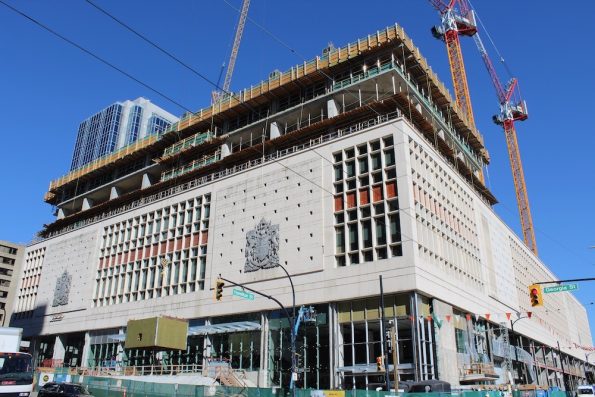
Alie Day notes the majority of the new jobs would be mid-range positions versus executive positions. He estimated incomes of $74,000 – $99,000 annually (in the video, Andre referred to a $60,000-$80,000 salary range, however in USD, due to where many of the pre-lease tenants are based).
According to the Pilot Mortgage Group, with 20% down and a purchase price of $650,000, an income of $85,000 would be required. One-bedroom condos in downtown Vancouver typically start in the $600,000-$650,000 range. This would mean that only employees in one or more the following circumstances could purchase: employees at the mid to high-end of this range, employees in higher-paying positions, employees buying with a partner, and employees buying wth some financial assistance, perhaps parents.
Let’s assume that about 50 per cent of these people will choose to live downtown to avoid a commute and that 50 per cent will choose to reside outside of downtown. That could mean 8,750 new residents in downtown Vancouver. Assuming 50 per cent decide to rent and the other 50 per cent decide to purchase, that could translate to 4,375 downtown homeowners. However, we will likely also see an influx of downtown investor buyers as rental demand increases.
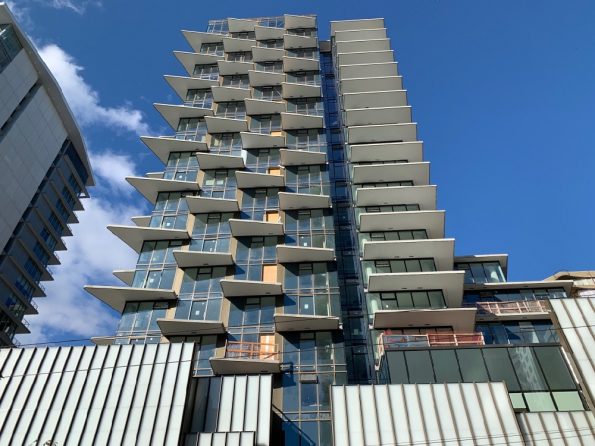
Most of these buyers (investors and homeowners) would likely be buying in the $600,000 to $1,000,000 range. In 2019, 936 transactions took place in this price range. With this in mind, I predict this influx of demand due to office construction will likely have a significant impact on downtown Vancouver residential prices.
On the demand side, there are several residential projects underway, mostly strata condominiums. The strata projects are located mostly along Alberni, Thurlow, and Pacific streets.
- Alberni Street tower latest addition to showpiece Coal Harbour street
- ‘Jenga tower’ Fifteen Fifteen by Büro Ole Scheeren coming to 1515 Alberni
However, these projects are high-end, starting at approximately $1,750 per square foot, likely not an appropriate product for the buyers discussed here.
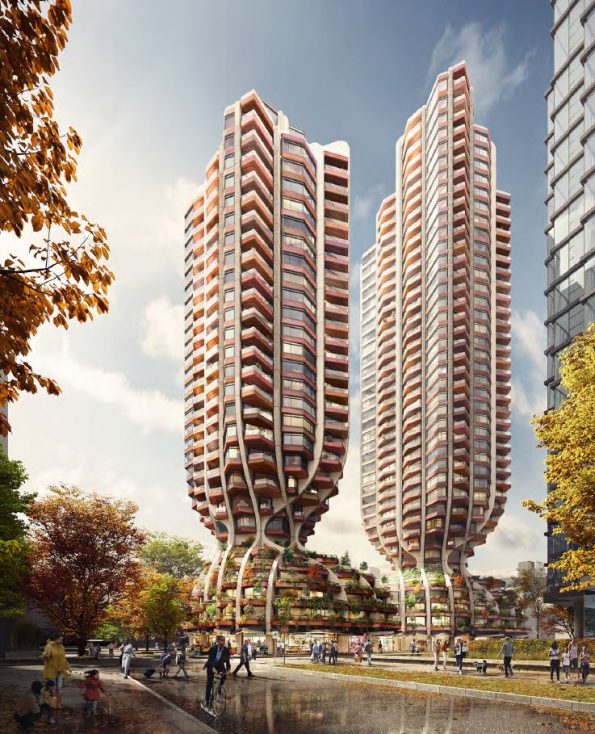
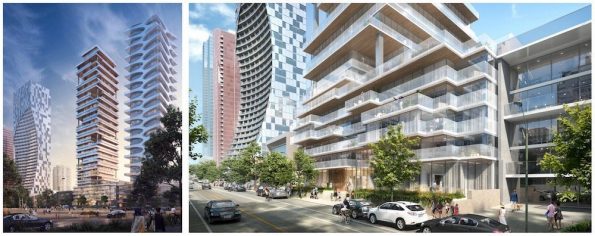
The Amacon/Catholic Charities redevelopment at 150 Robson may provide some options and is located close to the future Amazon offices at The Post. Aside from that, it will be resale product for many of these buyers. There are several new rental towers nearing completion or under development. So, with respect to demand for rentals, these should provide some options — though all in the West End along Thurlow and also on Davie.
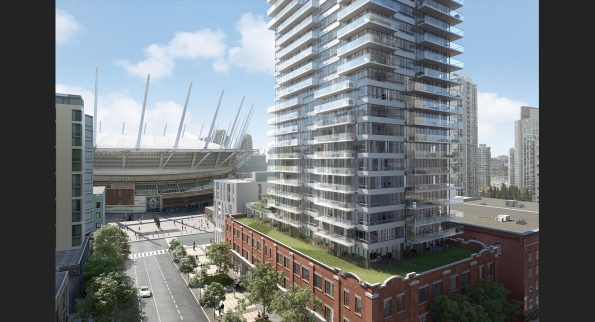
Given the large influx in expected downtown residential condo purchasing demand, combined with so little new and relevant supply, I expect this boom to cause an increase in resale condo prices in product between $600,000 to $1,000,000. This should also result in some increases in the segments just above this price range.
Finally, one of the big things worth discussing is the way that the world looks at Vancouver and why it isn’t generally considered a ‘headquarters city’.
Vancouver is home to a growing number of satellite offices, but being less corporate than many other cities does translate to lower average salaries — especially when compared to cost of living. Many B.C.-based companies reside and keep maintain headquarters here, but international companies tend to use Vancouver as a satellite or service city, versus an innovation location.
This is one of the biggest challenges facing Vancouver. If we don’t be proactive and evolve to attract high-tech and leading edge firms, we won’t be able to improve the average salary and challenges of home ownership in Vancouver.


